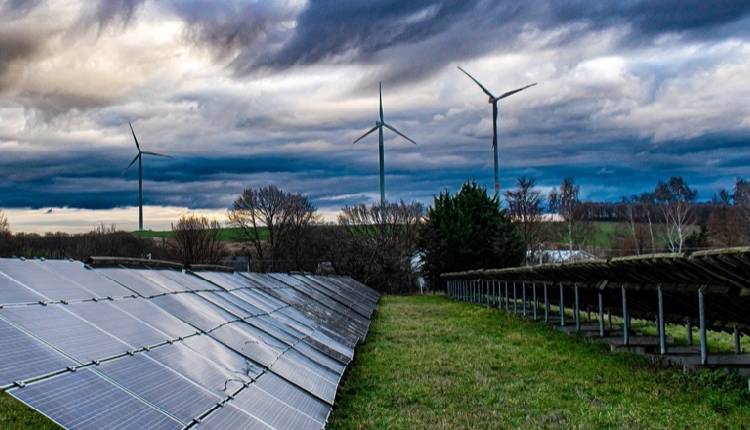China, Africa’s main trade partner, has the potential to lead Africa’s energy revolution but must first address its long-standing underinvestment in the continent’s green energy, according to a recent Boston University study reported by Reuters on Tuesday.
The research highlights that Beijing has funded billions of dollars in major infrastructure projects throughout Africa. Three years ago, China’s President Xi Jinping announced a halt to the construction of new overseas coal-fired power projects, committing to combat climate change by promoting the development of green and low-carbon energy.
Despite Africa’s immense potential for green energy, a report by Boston University’s Global Development Policy Center and the African Economic Research Consortium indicates that Chinese investments have yet to significantly aid the continent’s energy transition.
Between 2000 and 2022, China’s two main development finance institutions dedicated a mere 2 per cent of their $52 billion energy loans to renewable sources like solar and wind, while over half was allocated to fossil fuels.
The report suggests that, given the current economic challenges and future energy opportunities, China can contribute to Africa’s energy access and transition through trade, finance, and foreign direct investment (FDI).
Chinese development finance institutions have predominantly focused their investments on the extraction, export of commodities, and electrification projects, which often involve sectors producing the oil and minerals exported back to China.
Eight hydropower projects, financed by the Export-Import Bank of China (CHEXIM) and representing 26 per cent of all hydropower lending, are designed to support the extraction of various metals; however, the report notes that African countries are not yet fully benefiting from renewable energy technologies.
In 2022, fossil fuels accounted for approximately 75 per cent of Africa’s total electricity generation and about 90 per cent of its energy consumption.


